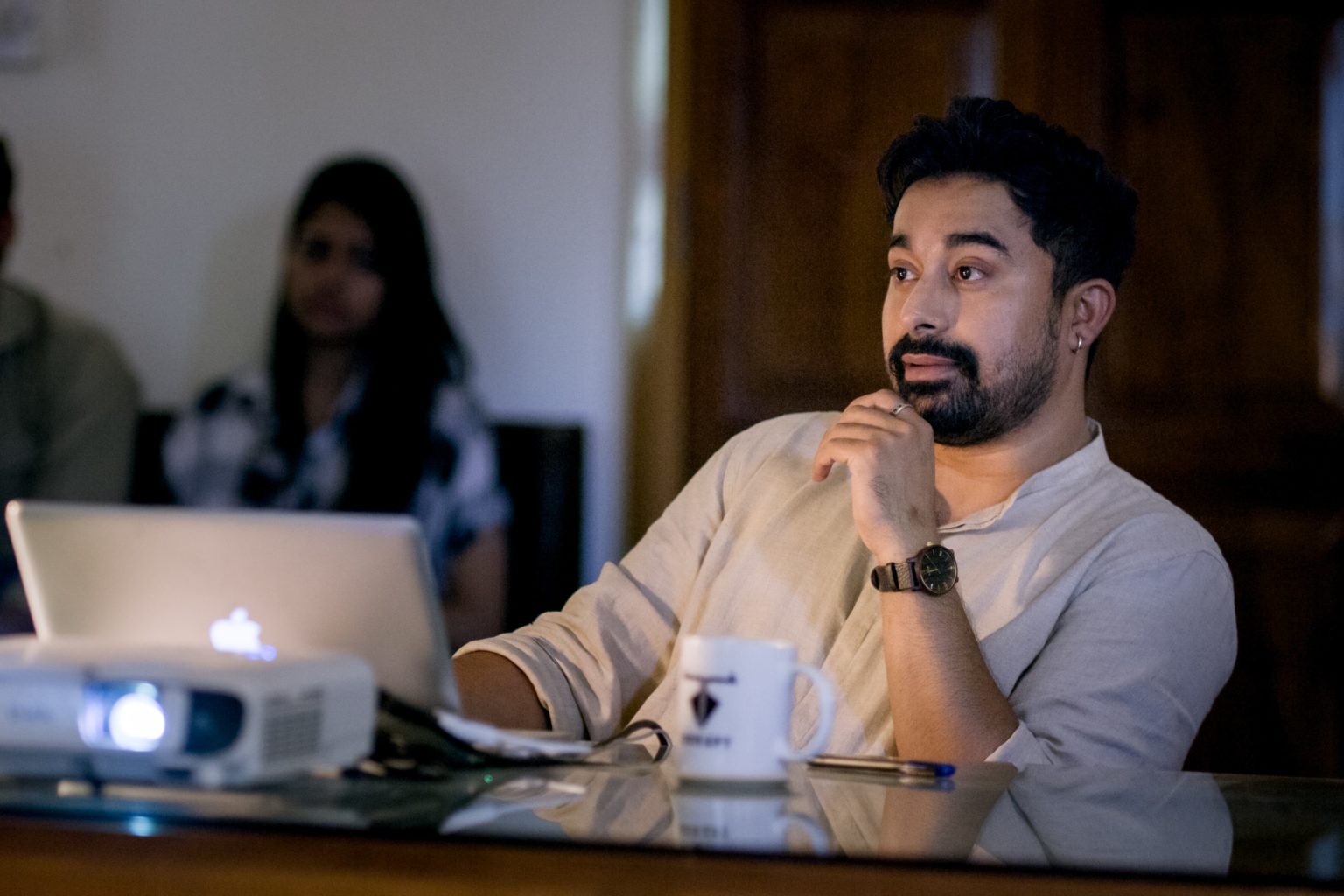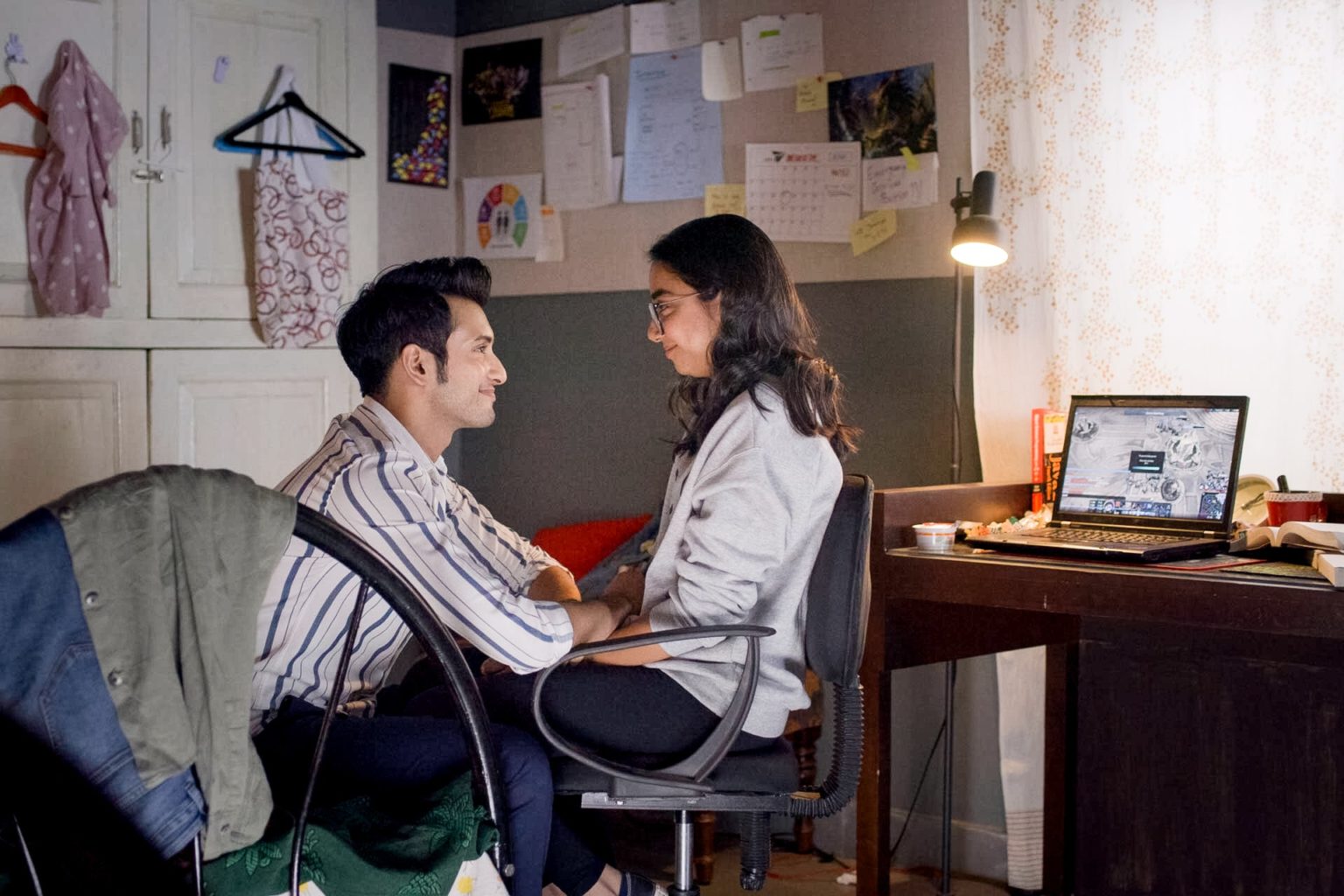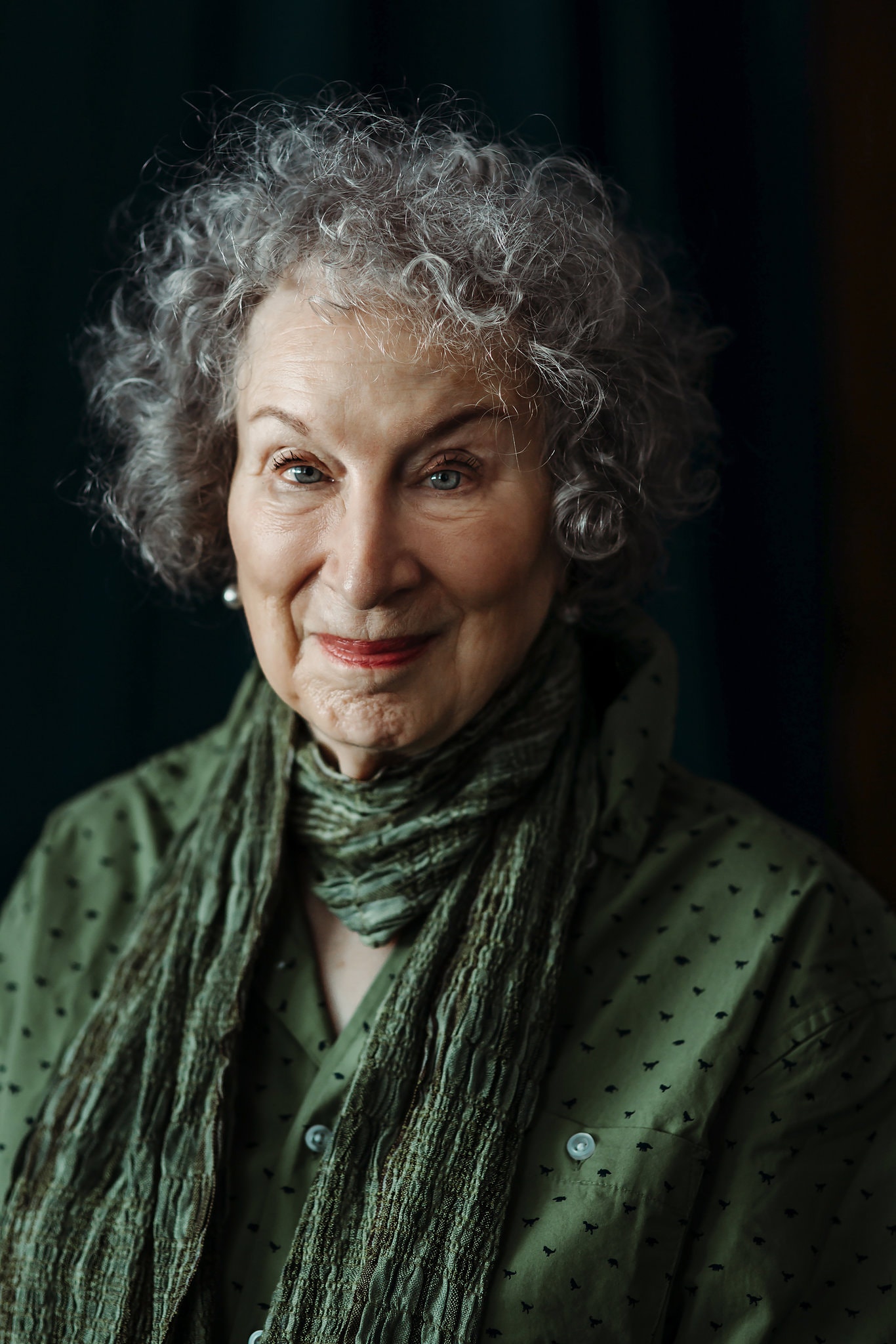An edge-of-your-seat Kapoor-Kashyap masterpiece
The staged banter between Anil Kapoor and Anurag Kashyap on Twitter a couple of weeks prior to the release of “AK vs AK” promised the audience this was going to be a brutally humorous film where the two actors roast each other like chicken on a grill. And it is with pleasure that we note that the roast is well done. Very-very well done.
Veteran Bollywood (cameos in Hollywood) actor Anil Kapoor and badass director/writer turned actor Anurag Kashyap play themselves in this dark comedy thriller that has taken netizens aback with shock over how crazily creative the filmmaking team gets.
Penned by Avinash Sampath and directed by Vikramaditya Motwane, the film’s first noticeable deviation from normal is its cinematography. With mostly handheld shots that follow the characters around from a POV perspective, the film feels like watching a single-camera reality show. There’s a character who’s shooting a documentary on Anurag Kashyap—enough reason for the filmmakers to shoot the whole thing like a documentary, or a mockumentary, if you please.
The film begins with actors Anil Kapoor and Anurag Kashyap—both evidently holding old grudges against each other—getting into a verbal spat in front of a live audience. Sly as he is, Kapoor manages to provoke Kashyap enough to make him throw a glass of water on the actor, which backfires on Kashyap as the audience, the media and the film fraternity boycott him. A raging Kashyap then decides to take revenge on Kapoor by kidnapping his daughter, actress Sonam Kapoor (playing herself), and making Kapoor act in the “most dangerous hostage thriller in cinema” as he tries to find his daughter before daylight—or she dies.
AK vs AK is quick, evenly paced and to my personal liking, not stretched. I am particularly biased towards films that keep to the 90-minute mark and AK vs AK comes at a healthy 1h 48mins. Sampath-Motwane’s screenplay and Kashyap’s dialogues ensure the film keeps its improvisational mood and appears light, when, in reality, there is some serious filmmaking and acting skills in evidence.
For Kashyap, who delivers his best acting performance among the few films he has featured in, AK and AK could be a transition to an acting career. He has given up his roles of writing, direction and producing to others while he channels his inner actor. In a lead role where he gets maximum screen time, he is impressive.
For Anil Kapoor—who has featured in over 100 films in a career spanning over 40 years—AK vs AK is redemption from the recent strings of audacious roles in disasters like “Total Dhamaal”, “Race 3” and “Paagalpanti”. The actor shows the world why he has been steadily successful in his long career and cannot be written off yet. He transitions perfectly into an OTT actor from his previous “Bollywood hero” image and probably for the first time in his career, uses the ‘M@#$***#@’ word. (Hindi version)
The script intentionally makes a mockery of both the lead actors. It takes jibes at their careers and personal lives, using real incidents and anecdotes. The film even features real characters associated with the actors and doesn’t spare even their families. With cameos from Kapoor’s son Harshvardhan Kapoor and producer brother Boney Kapoor, as well as Kashyap’s favorite colleague Nawazuddin Siddiqui (voice only), the film also gives the audience a peek into the behind-the-scenes of Bollywood and the famous Film City.
The only let down, however, is the climax. There is a twist at the end, as one would expect, but the ending is not as grand as the beginning. The film does have a constant pace but on the flip side, fails to build momentum ahead of a fitting finale. But still, it does better than many recent Bollywood ‘blockbusters’ we’ve watched.
Who should watch it?
AK vs AK is a work of art. Although more on the commercial side, the emphasis on creativity and artistry is visibly felt. Thus its a must-watch for movie lovers of all genres.
Rating: 4 stars
Genre: Dark comedy/thriller
Actors: Anil Kapoor, Anurag Kashyap
Director: Vikramaditya Motwane
My best book of 2020
‘The Midnight Library’ by Matt Haig is the best book I read in 2020. And in 2020, l read a lot of books—as many of you under house arrest (read: lockdown) might have. It’s simply the most beautiful book I’ve ever read. I feel like I might have said that about quite a few books (‘A Man Called Ove’ by Fredrick Backman and ‘Revenge’ by Yoko Ogawa, for instance). But then isn’t that how a great book is supposed to make you feel? Like you haven’t read anything as spectacular in your entire life and that this book is the one that will stay on top of your recommendation list forever.
The Midnight Library is about a girl named Nora Seed who feels trapped in her life. She doesn’t have any close friends, her work doesn’t excite her, and she clearly lacks a purpose in life. And then her cat, Voltaire, dies and she’s fired from her job. Nora feels incapable of doing anything right, and unwanted and unloved. After all, she couldn’t even look after a cat. What hope, really, is there for her?

So, without a solid reason to continue living, she decides to end her life. When she wakes up, it is midnight and she is in a ‘library’ of sorts. The library, with tall pillars and stone façade, is apparently a place between life and death. The books in the library are all different versions of Nora’s life. Each book she picks gives Nora a chance to try out another life. Mrs Elm, Nora’s high school librarian who she used to play chess with, is the guardian of this library and she helps Nora find the ‘perfect’ life she is looking for.
We all have regrets; things we wish we had done differently or opportunities we hadn’t let pass. We find ourselves wondering how our lives would have turned out if we had, say, started saving since high school, cultivated better relationships, or chosen a different career. Our natural tendency is to always want what we don’t have and, as a result, we aren’t as happy as we would like to be. This book makes us rethink our values, see the beauty in little things, and be grateful for what we have.
What I really liked about The Midnight Library, apart from the vignettes of Nora’s different lives and Haig’s simple, smooth prose, is how it makes you contemplate your own life and reevaluate how each of your successes as well as failures have shaped you. I was forced to look at events that I always wished I could undo as experiences that have led to many good things in my life today. Reading the book made me celebrate life and be thankful for all its quirks.
The Midnight Library made me happy, revel in the ordinary, and value everything I have a whole lot more. It is, perhaps, everything I have ever wished for in a book.
Fiction
The Midnight Library
Matt Haig
Published: 2020
Publisher: Canongate Books Ltd
Language: English
Pages: 288, Paperback
Mismatched: A cute, fun story
Don’t listen to your friends. Mine told me to watch ‘Mismatched’ on Netflix. I did and now, the story is stuck in my head and I can’t get it out. The second season of the series hasn’t been announced yet. Though the producers are likely to do so in the near future, thoughts like “What if they don’t?” and “How long do I have to wait?” are slowly sucking the air out of my universe. The six-episode first season ended on a cliffhanger.
Released on Netflix in November 2020, Mismatched, written by Gazal Dhaliwal, is based on Shandhya Menon’s 2017 young adult novel “When Dimple Met Rishi”. In the rom-com, a girl and a boy are set up to meet (and eventually get married) by their families. The girl, Dimple Ahuja, doesn’t want to “settle down”. She is intent on building her career. However, when she meets Rishi Singh Shekhawat, at a three-month coding program she is enrolled in, the two become friends and eventually fall in love.
The premise is simple. It’s every other rom-com you have ever watched: Boy meets girl, they fall in love, but then there’s a conflict to spice things up. But what makes Mismatched different is definitely the cast. I liked the actors and their interpretations of their characters. They are all believable and charming in their roles—even the annoying ones.

Dimple, played by one of India’s most popular YouTubers, Prajakta Koli (you might have heard of mostlysane) is fascinating and frustrating at the same time. You see yourself or your friends in her, and then you don’t. You love her, and then you hate her. She is every girl.
It's hard not to be smitten by Rishi—the dashing Nepali actor Rohit Saraf who has been a part of movies like ‘Dear Zindagi’, ‘Hichki’, and ‘The Sky Is Pink’. He is gentle, soft-spoken and kind. He is the friend you want, and the boyfriend you wish you had.
In the role of Professor Sid is actor, MTV VJ, and host of the popular reality show Roadies, Rannvijay Singh. He shines in his role of a sarcastic, no-nonsense teacher who believes in being strict to push his students to be the best versions of themselves. Even if that means he is misunderstood and feared.
And, remember Vidya Malvade who was the captain of the Indian hockey team in the Shahrukh Khan-starrer ‘Chak De India’? In Mismatched, she is a 41-year-old widow trying to start a new life and is back at school. As Zeenat Karim, she is adorable and you wish she had been given more screen space.

Mismatched touches on a few critical issues but doesn’t do any of them justice, choosing instead to focus on Dimple and Rishi and their love story. In doing so, it misses out on telling stories—of a closeted lesbian, and a guy suffering from alopecia, for instance—that could have started important conversations. There is a lot of potential for that, with actors and characters who could have pulled it off with ease. There are also a few glitches and oops moments in the storyline—wrinkles that neither the writer nor the editor thought of ironing out.
However, Mismatched is as entertaining as entertainment can get. With short episodes, you could watch the entire first season in a single afternoon. But be warned, you will spend the rest of the weekend wishing there were more.
Rating: 3/5
Genre: Rom-com
Actors: Prajakta Koli, Rohit Saraf, Rannvijay Singh, Vidya Malvade, Aditi Govitrikar
Director: Akarsh Khurana & Nipun Dharmadhikari
Run time: Six episodes of 30 minutes each
Contemplations on life: A book review
Margaret Atwood is one of the world’s most acclaimed writers. She is a novelist, poet, essayist as well as short story writer who has won numerous awards and accolades. Though mainly known for her novels—especially ‘The Handmaid’s Tale’ that was made into a television series, and its 2019 sequel, ‘The Testaments’, which won the Booker Prize—you’d be missing out if you didn’t read her poetry collections. I’m not a big fan of poetry but Atwood’s poems strike a chord and make me think.
As Atwood herself puts it, “Poetry deals with the core of human existence: life, death, renewal, change; as well as fairness and unfairness, injustice and sometimes justice. The world in all its variety.” “Dearly” is Atwood’s 12th poetry collection but her first in over a decade.

Dedicated to her long-time partner Canadian novelist Graeme Gibson who died in 2019, Dearly is a collection of poems that celebrate life. Many of the pieces were apparently written in anticipation of Gibson’s death. He was suffering from dementia.
The poems in the anthology were penned over a period of 10 years, between 2008 and 2019. In the introduction, Atwood says she stored the poems in the drawer, and then when she felt she had enough (to publish), took them out and separated them into sections.
These are poems about memories, loss, ageing and endings, and new beginnings. They are also about everyday objects, routine, and birds and animals. You will also stumble upon love poems about zombies and tributes to women who have been raped and murdered.
The common thread is that all these poems make you reconsider your beliefs and ideas. In fact, there is something about Atwood’s writing that makes you do that—go into this zone from where things look a whole lot different.
Reading Dearly also makes you pay attention to the nature around you as Atwood describes the environment around her, in her hometown in Canada. These poems, inevitably, make you think of the challenges the world faces today—mostly the environmental degradation that we have let go unchecked.
Yet there are also poems you struggle to make sense of. Some don’t really communicate what you feel they are trying to convey. But you still find yourself going back to them to pick up clues you might have missed. That’s the power of Atwood’s writing. She is brilliant at evoking vivid imagery and her poetry is as fine as her prose, if not finer. All in all, Dearly is a sensitive understanding of what makes us human and the way Atwood describes the world makes you fall in love with it a little more.
Poetry
Dearly
Margaret Atwood
Published: 2020
Publisher: Chatto & Windus
Language: English
Pages: 124, Hardcover



















